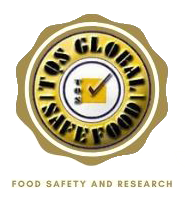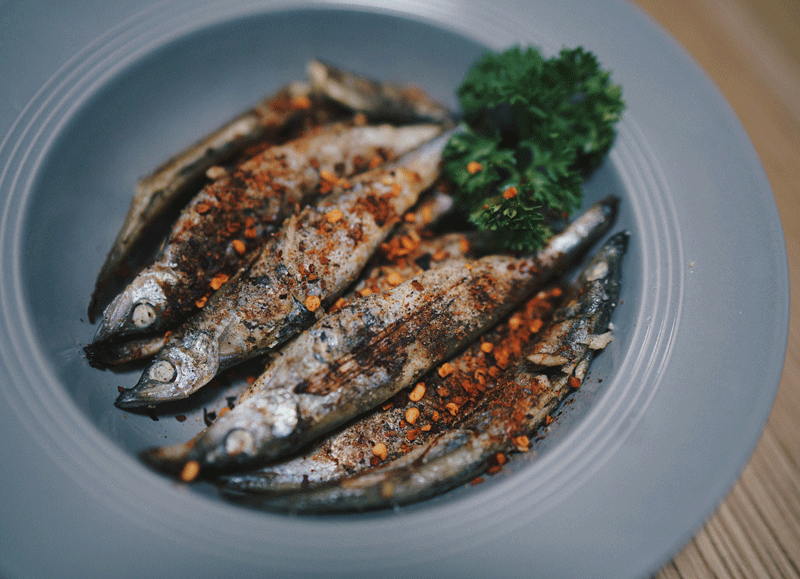
Sea Food Diligence
After having done considerable amount of commendable job in sea food sector throughout South East Asian market; TQS Global Management System launched its “sea food diligence program” in the Middle East.
Diligence is used as a very effective tool in the United States of America, United Kingdom, and
other European countries. The program shall take care of all the issues generated out of
microbiological contamination and cross contamination in product lot leading to mass spoilage.
With a problem-solving approach and designed specifically for the seafood processing sector,
this comes at a very affordable cost.
This Sea Food Diligence tool is a wonderful blend of our following services:
- Establishment Sanitation Inspection
- System and Process Audits
- Product Inspection and Grading
- Product Lot Inspection
- Laboratory Analysis
- Training
- Consultation
- Export Certification
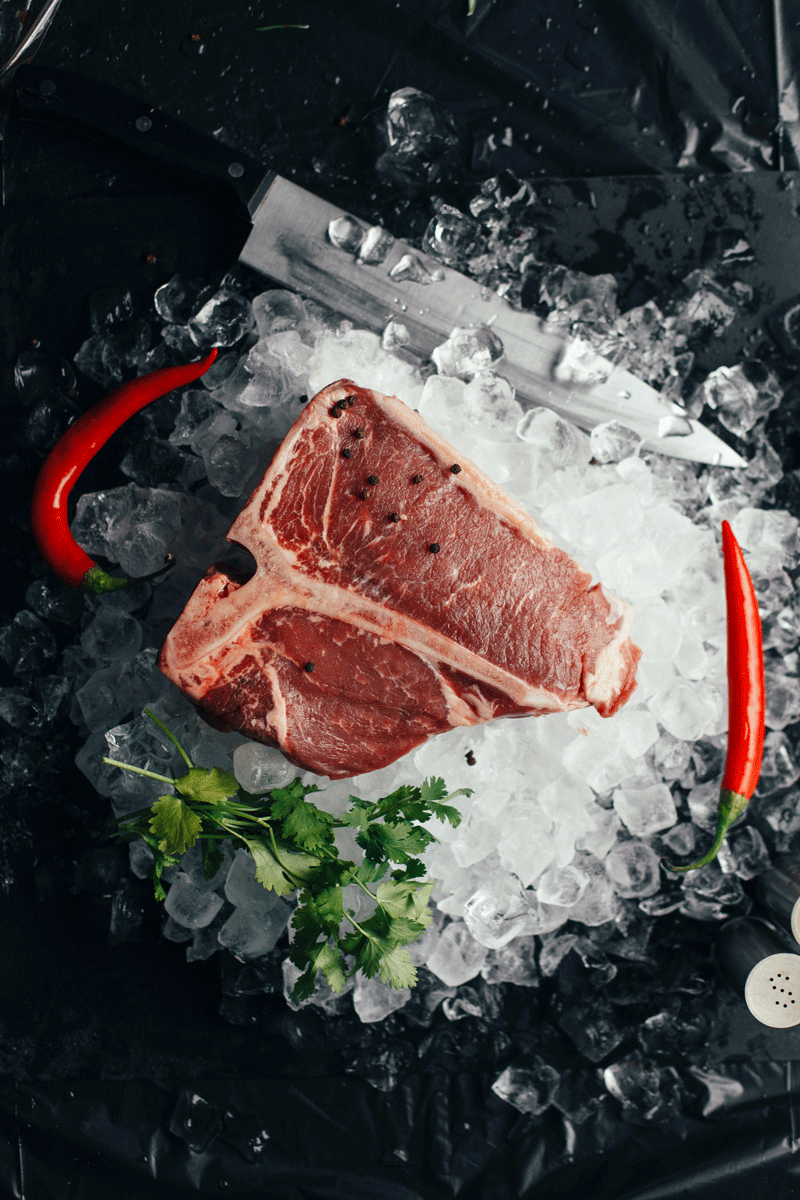
Meat Diligence
In the recent years, public concern about the safety of foods of animal origin has heightened
due to problems that have arisen with bovine spongiform encephalopathy (BSE), as well as with
outbreaks of foodborne bacterial infections, and food contamination with toxic agents (e.g.
dioxin). These problems have serious implications for food safety, the development of the
animal products industry and for international trade in livestock products. The purpose of TQS
Global Management System is to provide updated comprehensive information and training for
the implementation of the new Code hygienic practices for meat, when adopted by the Codex
Alimentarius Commission. We are intended to guide managers of abattoirs and the meat
industry and veterinarians engaged in meat inspection, with their supervisory roles in meat
hygiene.
After having done considerable amount of commendable job in Meat and meat products sector
throughout South East Asian market; TQS Global Management System launches its “Meat and meat products diligence program” in the Middle East. Diligence is used as a very effective tool in the United States of America, United Kingdom, and other European countries. The
programme shall take care of all the issues generated out of microbiological contamination and
cross contamination in product lot leading to mass spoilage. With a problem-solving approach
and designed specifically for the meat processing sector, this comes at a very affordable cost.
This Meat and meat products Diligence tool is a wonderful blend of our following services:
- Establishment Sanitation Inspection
- System and Process Audits
- Product Inspection and Grading
- Product Lot Inspection and troubleshooting
- Laboratory Analysis
- Training
- Consultation
- Export Certification
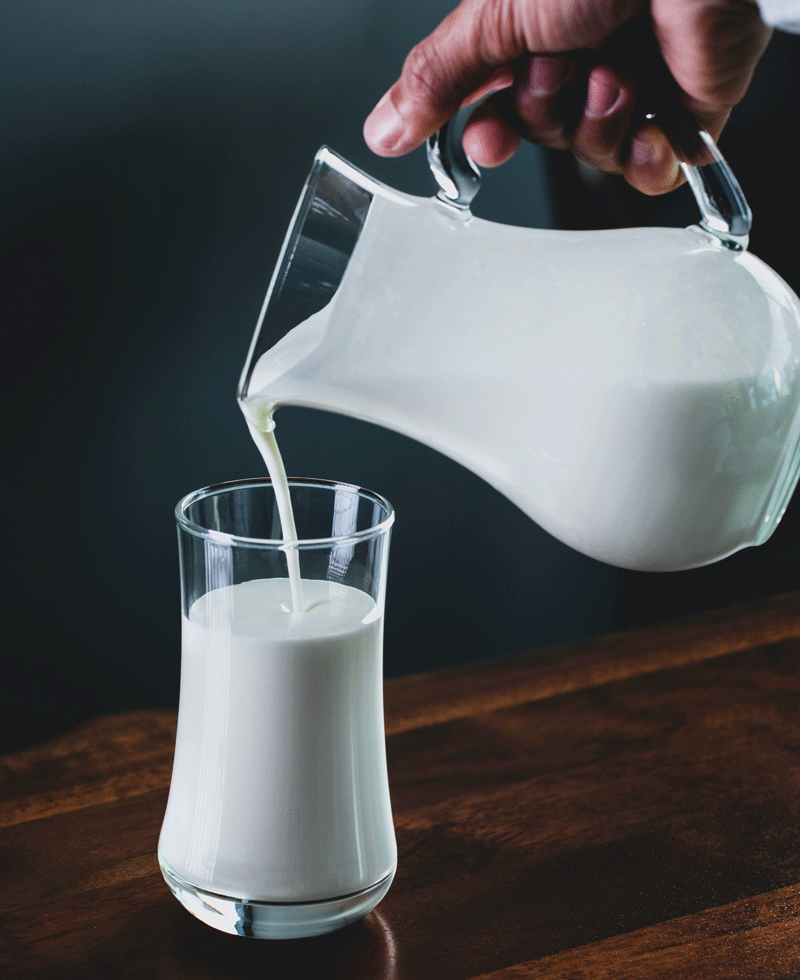
Milk & Milk Products Diligence
Milk and products made from milk (including certain cheeses, milk powders, ice cream, and
yogurt) are foods that, when consumed raw or under processed or improperly processed, can
pose severe health risks. There are several other possible causes also for milk borne illness like
faulty pasteurization of fluid milk or post processing contamination of milk and milk products.
Our specialized teams of Dairy scientists across the globe work at various avenues of milk
industry to improve the standards of the dairy processes, develop innovative colostrum based
products for its maximum utilization for human, and develop policy for rest of the world to
follow. We also work towards assuring that all new products developed and the operations
meet the local statutory and regulatory requirements.

Restaurant Diligence
Restaurant diligence is a comprehensive approach to assessing food safety for a restaurant/
foodservice operator. It is a due diligence 360-degree monitoring program that has been
developed and used successfully to help restaurants/ food outlet minimize their risks regarding
food safety.
It is a combination of Gap Analysis and Benchmarking. Gaps in the food safety system from
prerequisite programs (e.g., sanitation, recall, pest control, etc.) through HACCP are identified
and benchmarked against global best practices to protect the customer and consumer and, in
turn, protecting the restaurant’s reputation.
It emphasizes on evaluating how hygienically the food is handled - how it is prepared, cooked,
re-heated, cooled and stored and the condition of the structure of the buildings- the
cleanliness, layout, lighting, ventilation and other facilities. In addition to it how the business
manages and records what it does to make sure food is safe is also scrutinized.

GAP Audits
When opening a new food outlet or laying the foundation of new processing plant, whether it is
your first or your 100th, there are many factors that must be considered. Food safety is a major
concern that can affect your operations on many levels and should never be ignored. There are
many ways to go about preventing food borne illness within your food facilities.
TQS Global provides services from routine inspections, troubleshooting, staff training and
certification as well as developing a program to encompass the most up to date food codes and
laws implemented in a given city or state. In the worst-case scenario, we provide extensive
crisis management in the case of food borne illness and/or outbreak no matter where or when
the case occurs. Our diligent staff is on call 24 hours a day to assist in any food safety matter
that comes to light.
Our Gap audits are instrumental tools in achieving food safety compliance. To aid our clients in
preparing for critical food safety issues, we provide a detailed inspection service to identify
critical control points and address potential problems so that chances of any food safety non-
compliance is minimized.
Our Gap audits are tailored for use based on the statutory requirements under Schedule 4 of
Food Safety and Standards (Licensing and Registration of Food Businesses)
Regulations, 2011 for different industry setup to anticipate what is required for full compliance.
FSS regulations governing food safety are fragmented and complicated but with our experience
in regulatory compliance, we can help your company achieve the absolute highest standards for
food safety.
TQS Global follow a policy of zero tolerance regarding food safety issues and we make food
safety implementation easier for you by developing an overall food safety program specifically
designed for your needs with individual HACCP-based Standard Operating Procedures (SOP's)
and providing the requisite training to the food handlers on food safety.
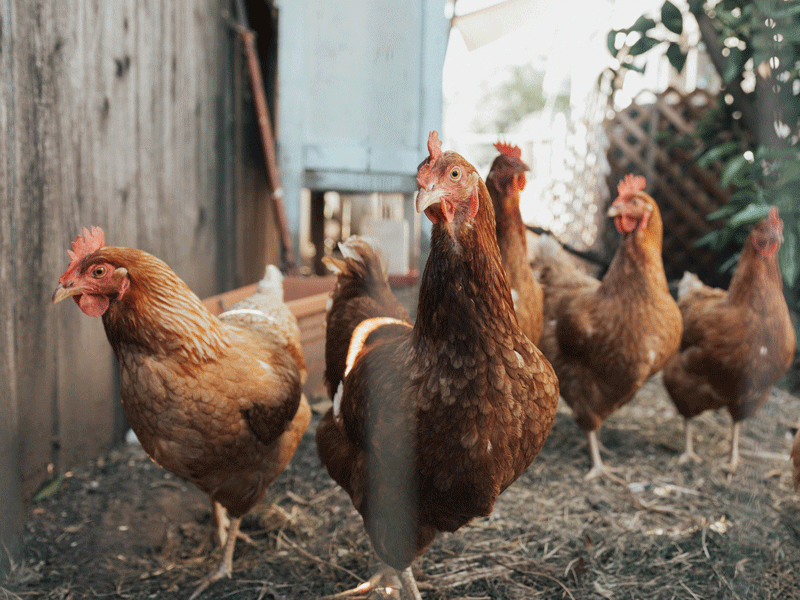
Safe Poultry
Poultry is one of the fastest growing segments in India today. The production of eggs and
broilers has been rising at the rate of 10-15 per cent per annum, compared to the growth rate
of 1.5-2.0 per cent in agriculture. In India is maximum consumption as poultry is of broilers.
Broilers grow very fast and are highly efficient in converting feed into meat.
Of much importance is the quality {pathogen free meat, taste (flavour) and tenderness
(juiciness)} and safety of consuming chicken. These aspects are strongly influenced by several
factors during handling pre- and post- slaughter. Tenderness and/or juiciness decreases with
increasing age, whereas flavour increases with the age of birds.
RH, temperature, ventilation, and lighting are the critical factors that affect the quality and
safety of chicken. Ventilation is required to maintain temperature and RH at an optimum level
and to allow sufficient air exchange to prevent the accumulation of harmful gases, such as
ammonia, carbon dioxide and carbon monoxide, which leads to increased susceptibility to
various diseases and pathogenic bacteria. It is very important to reduce the microbial load of
disease-causing infective agents and maintain healthy environment. However, bigger risk lies in
the post slaughter handling. Contamination of raw meat takes place when flesh is exposed to
unsanitary environment.
Based on our experience in handling poultry safely and considering all the major issues, we at
TQS Global provide in depth assistance to all types of food manufacturers handling poultry or
poultry derived products for optimized capital expenditures and improved operational
efficiencies.
